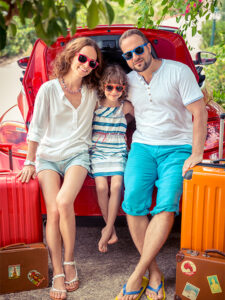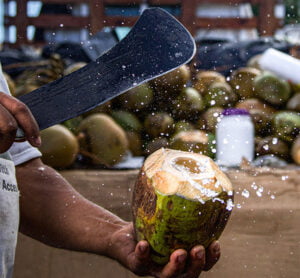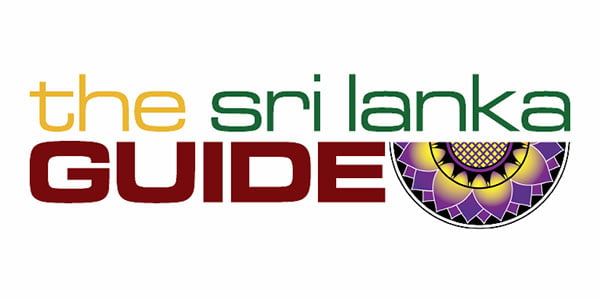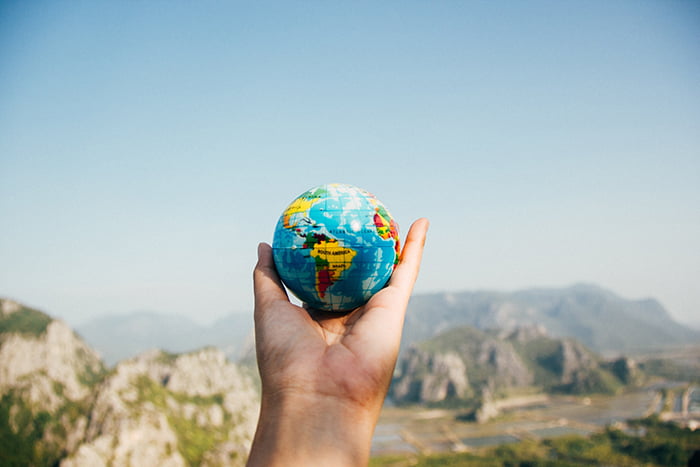No inoculations are compulsory unless you are coming from a yellow fever or cholera affected area. (Cholera is very occasionally reported in Sri Lanka, so is not considered a serious risk.) However, the following vaccinations are recommended, particularly if you plan a long trip or intend visiting remote areas:
Typhoid (monovalent), polio, tetanus, hepatitis A, hepatitis B, rabies. Children should, in addition, be protected against: diphtheria, whooping cough, mumps, measles, rubella.
Remember to plan well ahead with vaccinations. Allow up to six weeks to receive the full course, for some vaccinations need to be administered more than once and some should not be given together.
The risk of malaria exists throughout the whole country apart from the districts of Colombo, Kalutara and Nuwara Eliya. Medication has to start one week prior to travel, continue during the trip, and finish four weeks after your return. Once again, planning is essential, as well as care to ensure the course is followed.
When to visit

Sri Lanka is a round-the-year destination for visitors looking for sun and sea with the best time to visit the island being from November to April. The southwestern coastal area where most of the beach resorts are located and Kalpitiya, skirting the south-western coastline, have been accorded the status of new tourist attraction. Hotels and other infrastructure projects have been implemented and others are in the pipeline to promote the East as a focal new tourist destination in Sri Lanka.
The central highlands are pleasantly cool and relatively dry from January to April. The peak season is mid December to mid January and March to April during Easter with a mini peak season in July and August when festivals and pageants are held throughout the country.
What to wear
Cotton clothes are ideal for any time of the year but you will need light woolens for the hills and waterproof clothing or an umbrella. Modest dress for women is advisable especially off the beach and when visiting religious sites. Don’t forget comfortable shoes, sandals or trainers and cotton socks. If you are planning to trek and climb go prepared with suitable gear. Water sports enthusiasts would do well to take their snorkels and diving equipment along.
Getting there
Usually, all visitors to Sri Lanka travel by air with flights arriving regularly at the Bandaranaike International Airport, 35 km north of Colombo, and 6 km off Negombo. A number of tour operators from the UK and some West European cities offer good value package holidays throughout the year.
Public places
You may sometimes be overwhelmed by crowds of people in public places (railway stations, markets, bus stands, temples or simply busy streets). “Touts” and hawkers may crowd you to persuade you to go to some particular hotel/motel or boutique or simply to try to sell you some ornament. Obey your instincts when they say ” give this guy the shove, the push….or whatever !” You give in to them only if you cherish having a leech, a blood-sucker, on your back !Being forewarned is being forearmed, right ? Good for you ! After all, you’re a tourist, A GREATLY ENDANGERED SPECIES, AND IT’S OUR JOB TO ENSURE IT’S YOU WHO HAS A GOOD TIME, NOT THE TOUTS !!
Safety
In general, the threats to personal security for travelers in Sri Lanka are remarkably small. Be that as it may, it’s more pleasant to travel with a companion as solo travel is liable to attract unfavourable attention [ ??] especially after dark. The island, including the North and East, is safe to visit. If you have anything stolen, report it to the tourist Police, (a special tourist police set up to look after the needs of the tourists. Contact tel. Number + 94 11 2 382 209)

Where to Stay
Sri Lank Offers visitors an excellent range of accommodation facilities to suit all purses, from luxury hotels to low budget accommodations. In the peak season (mid-January and during Easter) bookings can be heavy so it is best to reserve accommodation well in advance through Tour operators/ travel agents, booking online and through our travel planner.
Drink
Sri Lankan ‘Ceylon’ tea and coffee are top of the list with a huge variety of bottled soft drinks, including well-known international brands. Thambili ( king coconut) water is a safe and refreshing option. Local beer and spirits are widely available. Bottled mineral water is available in 5 star hotels also. Please note: Alcohol is not sold on Poya (full-moon day of the month) days.




